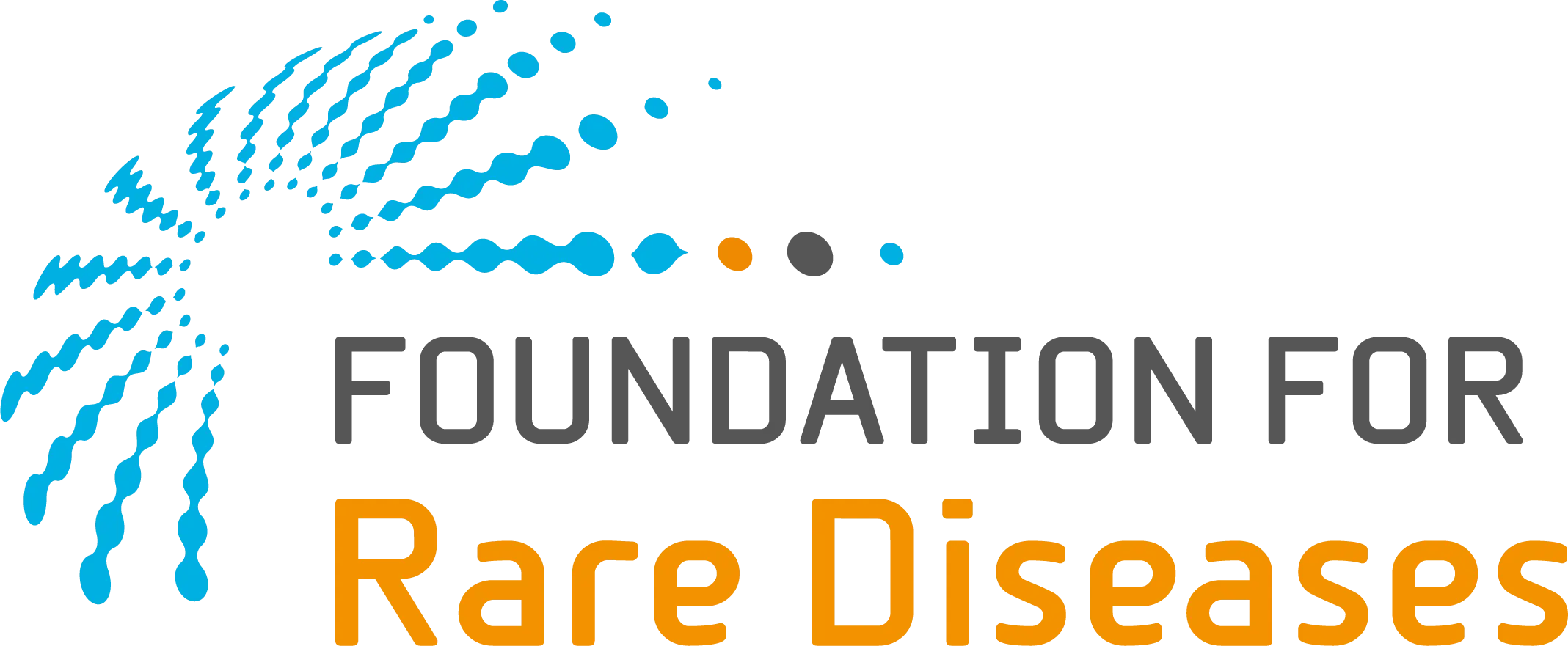In September 2019, the APEHDia association launched its 1st callfor research projects in partnership with the Foundation For Rare Diseases. At the end of the evaluation process a basic research project on diaphragmatic dome hernia was selected for a 10,000 euro funding.
Diaphragmatic dome hernia (DDH) is a defect in the closure of the diaphragm during fetal development in utero that allows abnormal passage of abdominal viscera (intestines, stomach, liver) into the thorax. The presence of these viscera in the thorax compresses and disrupts the development of the lungs. HCD is a rare congenital disease that affects 1 to 5 newborns per 10,000 births and whose origin remains unknown. Today the mortality rate in France is 40%.
The lung function of infants with CDH is difficult to predict before birth. However, this parameter defines the best adapted management during pregnancy, then at the time of delivery and the support of the parents. Currently, neonatal respiratory failure is presumed from an evaluation of the lung volume on morphological criteria only. In addition to the range of medical possibilities to be apprehended by the health care team, this uncertainty of the diagnosis, as to the severity of the disease, is a source of anxiety for the parents.
Dr KHEN-DUNLOP (INSERM Unit U970 PARCC HEGP - Necker Hospital) proposes to use a non-invasive medical imaging technique - BOLD-MRI (Blood Oxygen Level Dependent) - to improve the assessment of lung function in CDH.
With funding from APEHDia, the team will focus on demonstrating that the BOLD-MRI technique could satisfactorily assess fetal lung function in-utero, andif successful, the technique could be evaluated in pregnant women.
This research could lead to aprognostictoolforpost-natal lung function in fetuses with CDH. This new parameter could thus complement the solely morphological criterion of lung volume and would allow a better anticipation of the management of the disease, both for the medical team and for the parents.
The Foundation For Rare Diseases will scientifically monitor this research program for one year and will accompany its valorization with APEHDia.
*APEHDia: Association to Encourage Research on Diaphragmatic Hernia
For more information: https://apehdia.wixsite.com/apehdia
